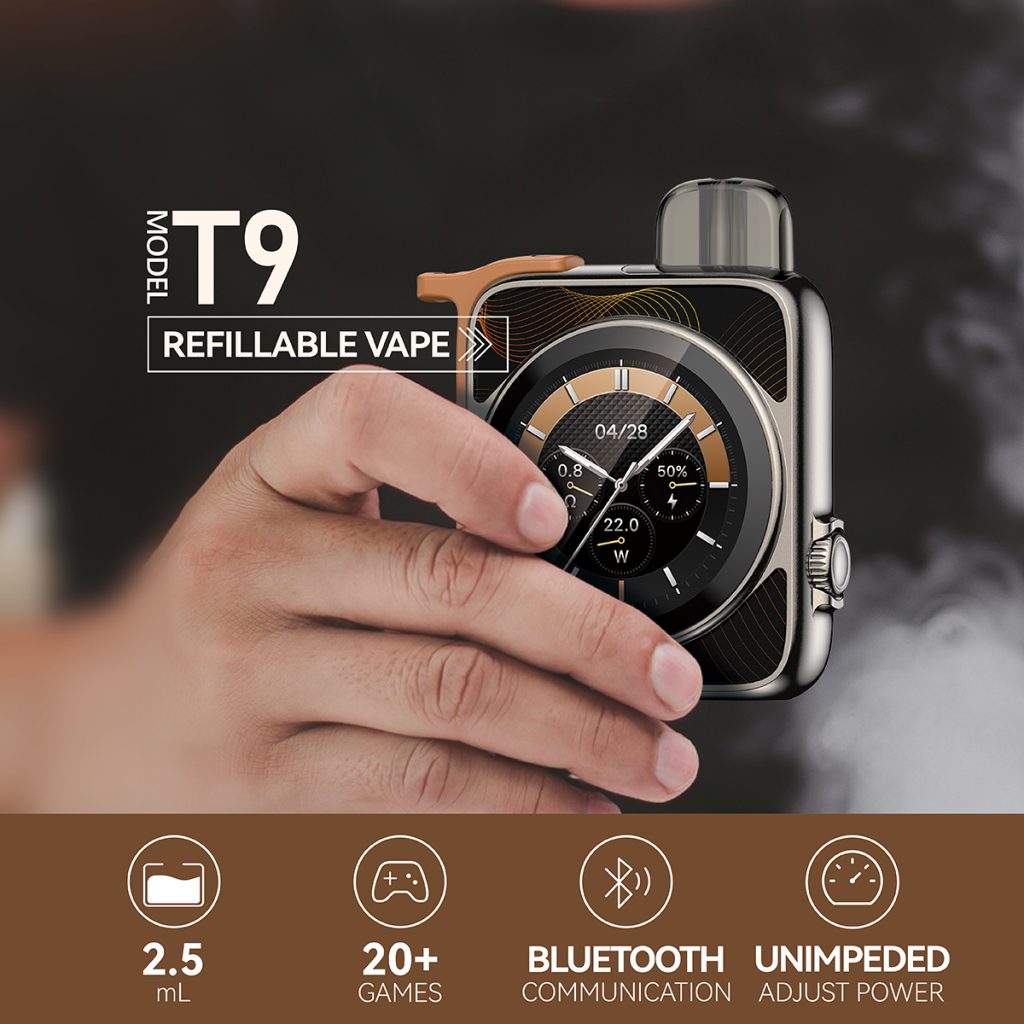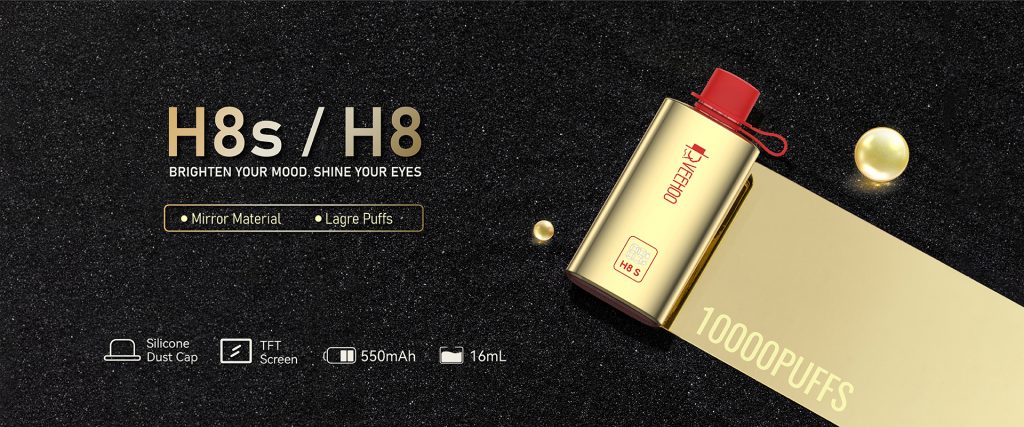On April 1, 2025, the Spanish government officially implemented a new tax policy for e-cigarette oil and nicotine products, marking a key step for the country in the field of tobacco control and industry standardization. This policy not only reshaped the market structure, but also provided an opportunity for strategic transformation for leading brands such as VEEHOO.
The new Spanish tax bill uses the difference in nicotine content as the tax basis:
For e-liquids with a nicotine content of ≤15 mg/ml, 0.15 euros per ml will be levied;
For e-liquids with a nicotine content of >15 mg/ml, the tax rate will rise to 0.20 euros/ml;
Nicotine bag products will be uniformly taxed at 0.10 euros/gram.

The policy clearly requires manufacturers, importers and distributors to declare taxes on a monthly basis, but exempts e-liquids with a content of less than 20 ml for personal use, products for scientific research purposes and destroyed substandard products. This move aims to balance the tax burden difference between traditional tobacco and e-cigarettes, reduce nicotine dependence among young people, and respond to the EU’s regulatory trend on new tobacco products.
Faced with rising tax costs and market fluctuations, VEEHOO has taken multi-dimensional measures to consolidate its competitive advantage:
Low nicotine product development: In response to tax rate differences, VEEHOO has accelerated the launch of a series of products with a nicotine content of ≤15 mg/ml, such as the “Lite series”, to maintain price competitiveness by reducing taxes. At the same time, explore non-nicotine herbal atomizers to expand the healthy consumer group.
Environmental protection technology application: Develop refillable e-cigarettes and degradable packaging materials to reduce the proportion of disposable products, in line with the EU Environmental Protection Regulation’s requirements for e-cigarette recycling. By centrally purchasing e-liquid raw materials and optimizing logistics and warehousing layout, production costs can be reduced by 8%-12% to offset tax increases. Establish in-depth cooperation with local Spanish distributors to shorten the supply chain to reduce circulation costs.

Build an intelligent tax management system to track production and import data in real time to ensure that the declaration process meets the requirements of the Spanish tax authorities. Launch a “rational atomization” public welfare activity, and jointly publish health research data on low-nicotine products with medical institutions to guide consumer cognitive changes and weaken price sensitivity. Although some small and medium-sized brands have withdrawn from the market due to cost pressure in the short term, in the long run, the new tax policy will inject sustainable development momentum into the industry.
The policy eliminated workshop-style enterprises that lacked compliance capabilities, and leading brands such as VEEHOO gained a more transparent market environment with their financial and technological advantages. For example, the Spanish nicotine bag market was previously flooded with low-priced and low-quality products. After the implementation of the new policy, the market share quickly concentrated on compliant companies.

The new tax system is like a double-edged sword, and short-term pain will eventually turn into long-term dividends. Through technological iteration and responsible management, VEEHOO not only resolved policy risks, but also established its position as a leader in “healthy atomization” in the industry reshuffle, providing a model of “compliance transformation” for the global e-cigarette market.
Tags: ceramic atomization core, nicotine bag, youth anti-addiction plan, veehoo vape